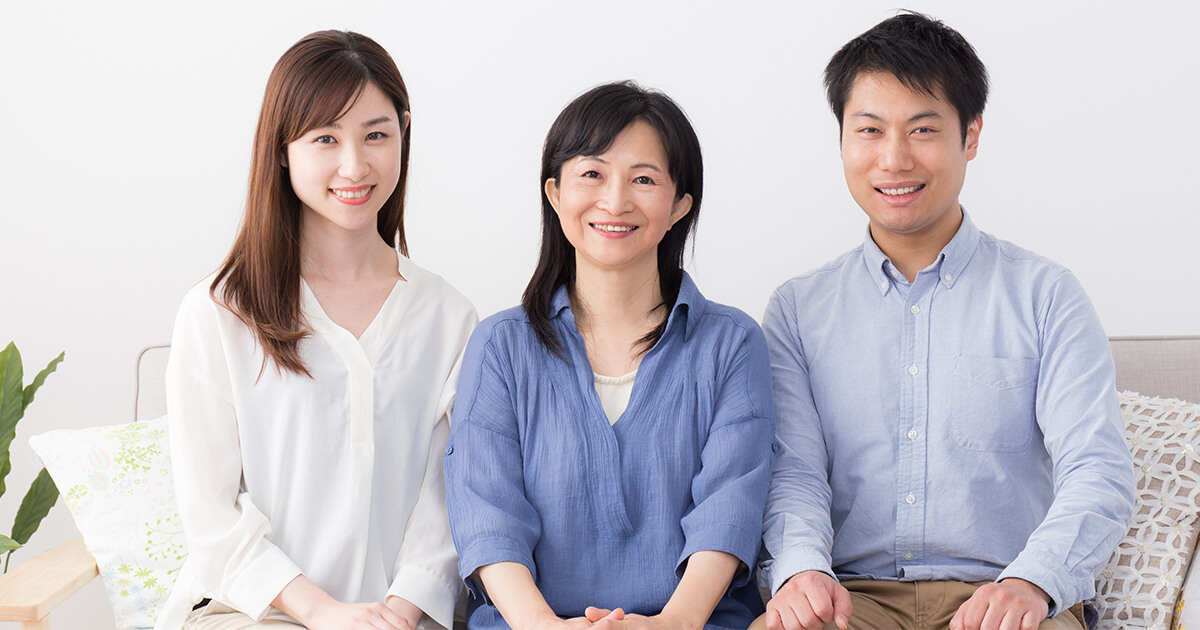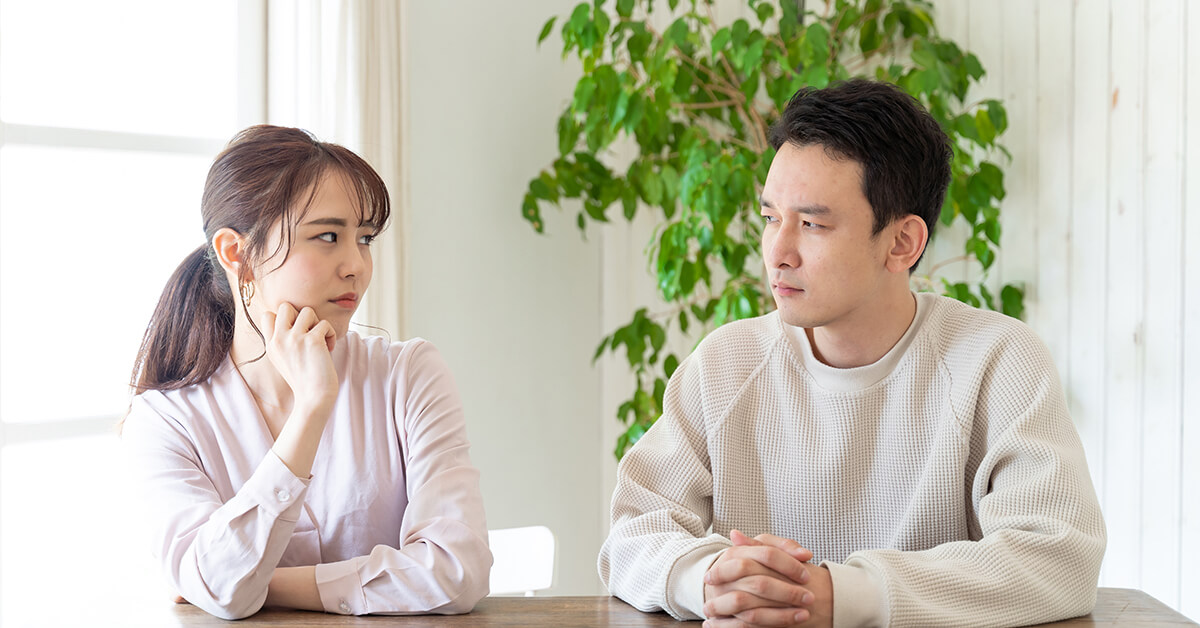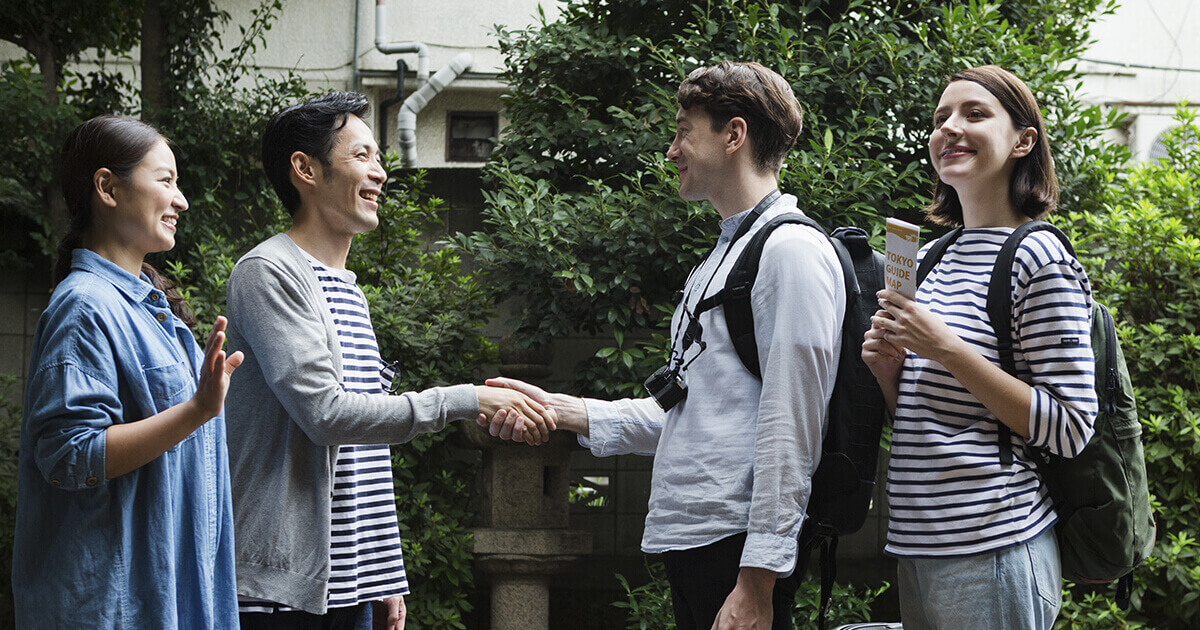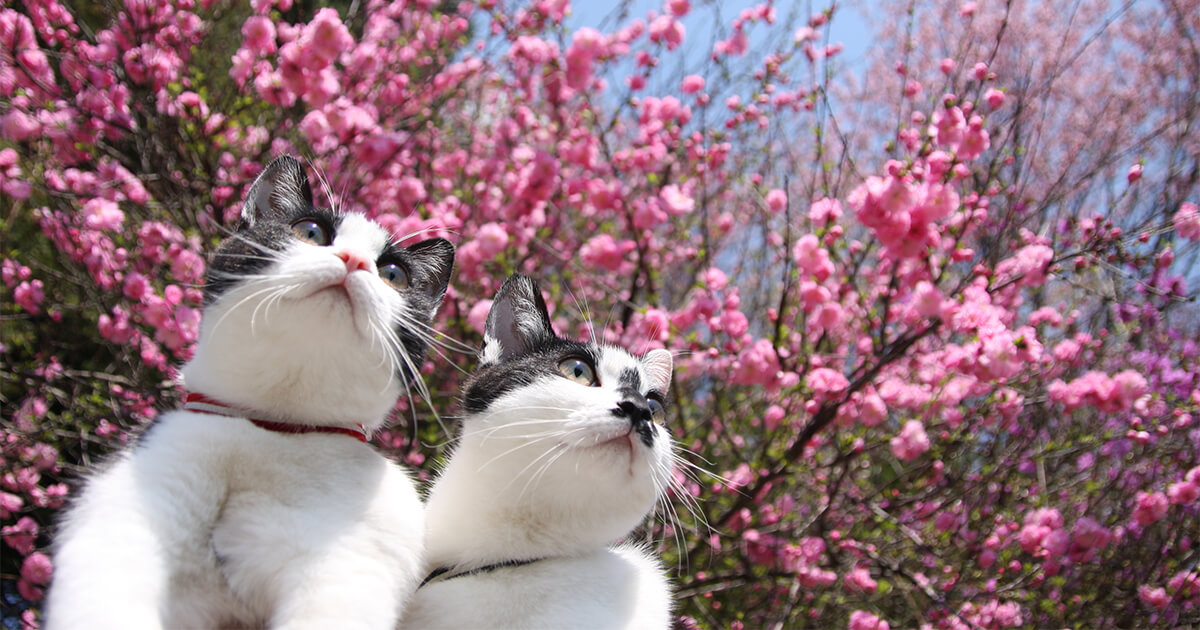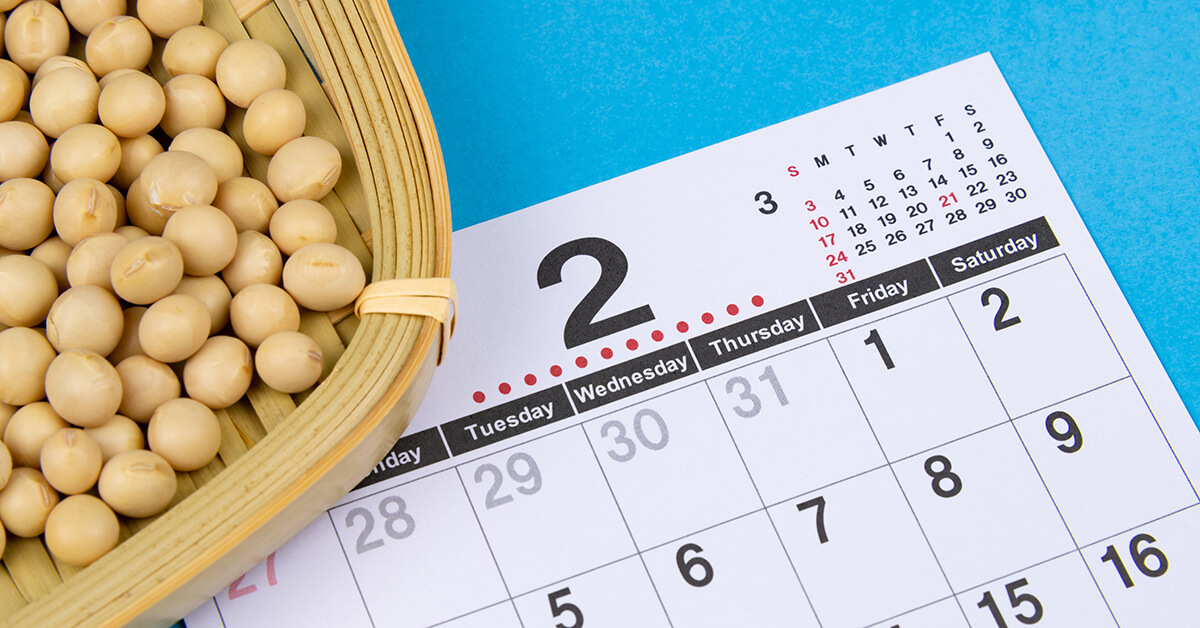
In our previous article about asking how old you are, we have introduced phrases such as “oikutsu desu ka” and “nansai desu ka”.
Question: How To Say “How old are you?” In Japanese? | Answer by Japanese teacher: (1) おいくつですか。 (Polite) Oikutsu desuka. How old are you? (2) なんさいですか。 Nansai desuka. How old are you?
Still, asking about someone’s age is a very sensitive topic. Let’s consider some more expressions about age today.
Asking or being asked about age is a sensitive topic but you may have encountered it more often than you have realized. Let’s look at how to ask or answer such questions more skilfully.
1. 失礼(しつれい)ですが、おいくつでいらっしゃいますか。
Shitsuree desu ga, oikutsu de irasshaimasu ka.
(Excuse me but how old are you?)
It is very difficult to ask about someone’s age. However, if you must, you can try the above expression. Use honorific expression by changing “nansai desu ka” or “ikutsu desu ka” to “oikutsu” and “desu ka” to “de irasshaimasu ka”.
It is also important to show that you are apologetic about asking the age by inserting relevant prefixes at the start of the sentence. The following prefixes convey a sense of apology.
大変(たいへん)恐縮(きょうしゅく)ですが、おいくつでいらっしゃいますか。
Taihen kyooshuku desu ga, oikutsu de irasshaimasu ka.
(I’m very sorry but how old are you?)
失礼(しつれい)を承知(しょうち)で伺(うかが)いますが、おいくつでいらっしゃいますか。
Shitsuree o shoochi de ukagaimasu ga, oikutsu de irasshaimasu ka.
(I know it’s rude of me to ask, but how old are you?)
2. 女性(じょせい)に年(とし)を聞(き)いていいか分(わ)からないんですが、おいくつですか。
Josei ni toshi o kiiteiika wakaranain desu ga, oikutsu desu ka.
(I don’t know if it’s appropriate to ask a lady about her age but how old are you?)
It is even more difficult to ask a woman about her age. However, the above expression is a sophisticated way of doing so if you really have to ask the question.
Using this prefix will give the listener an impression that you are a gentleman. She will thus be more likely to answer you.
3. 〇〇さんは、すごくお若(わか)く見(み)えるんですけど、本当(ほんとう)は、おいくつですか。
xx-san wa, sugoku owakaku mierun desu kedo, hontoowa, oikutsu desu ka.
(xx, you look really young. How old are you?)
That’s a smart way of asking. Most people would be happy to hear that they look younger than their actual age and may thus reveal their age unintentionally. I have also accidentally revealed my age when my junior at work asked me in this way.
4. こちらに年齢(ねんれい)を書(か)いてください。
Kochira ni nenree o kaitekudasai.
(Please write your age here)
Let’s say you visited a hospital in Japan for the first time. You had filled up a form at the registration counter but the staff handed the form back to you and said the above phrase.
Apparently, you had written your name, address, and telephone number but had forgotten to fill up your age.When there is a need to know your age for treatment reasons, the staff may use the above expression.
“Nenree” (age) is not only used to mean physical time but it is also often used to refer to biological time, biological period and physical development age*.
Therefore, it is often used in hospitals and healthcare institutions. If you need to ask about age, you can try the above expression.
*Micropedia, Encyclopedia Britannica
https://kotobank.jp/word/%E5%B9%B4%E9%BD%A2-111743
5. 何歳(なんさい)に見(み)えますか。
Nansai ni miemasu ka.
(How old do I look?)
Let’s think of a skilful way of answering when you are asked about your age. You may not want to answer the question even if the asker was being very polite by using honorific expressions such as “Shitsuree desu ga, oikutsu de irasshaimasu ka” (Excuse me but how old are you?)
In this case, you can try the above expression. You may liven up the conversation or atmosphere by saying so. On the other hand, the asker may not know how to respond after you have answered in this manner and you may be able to dodge the question successfully.
6. 聞(き)いたら、びっくりしますよ。
Kiitara, bikkurishimasu yo.
(You will be surprised if I tell you)
I have a friend in her forties who is working at a restaurant. She is often asked by her customers how old she is. She is a very beautiful woman so the customers may be attracted to her.
Although the other party is a customer, he is still a stranger and she did not think it necessary to answer a private question like that. Hence, she deflected the question with the above answer.
Apparently, the customer who asked that did not press on any further.
We’ve looked at strategic ways of asking and answering questions about age. You may encounter such situations more frequently that you think. Do try out these expressions and let us know your feedback!
